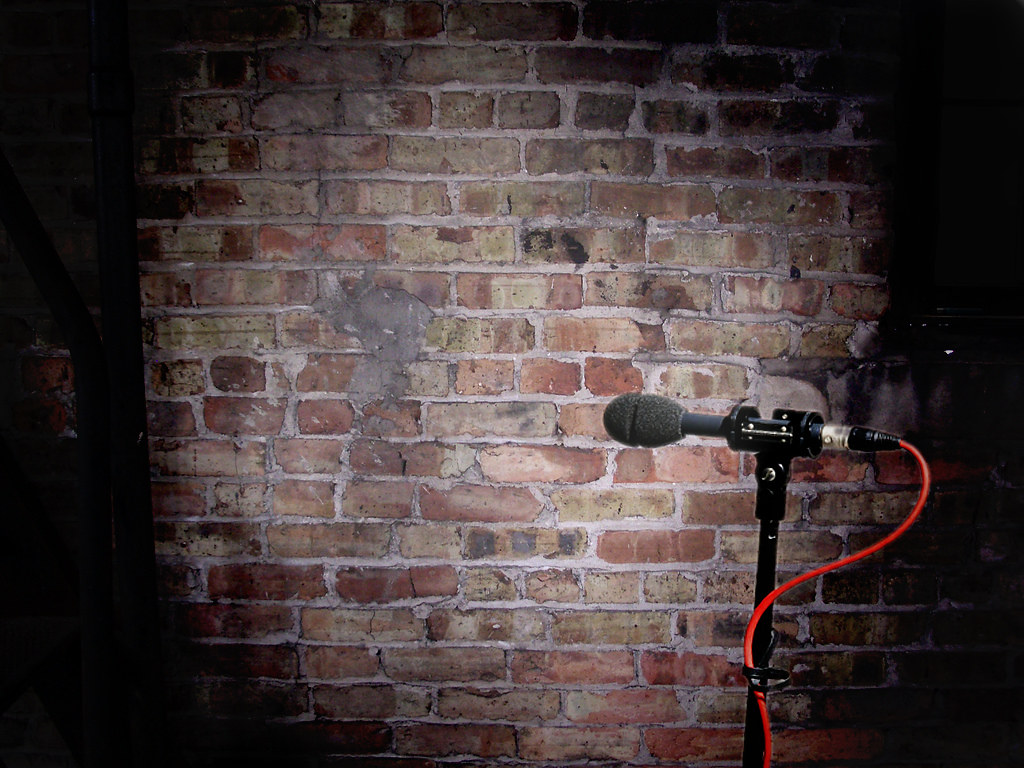The niqab, a face veil worn by some Muslim women, has been a subject of heated debate worldwide. While religious freedom is a fundamental right, concerns over security, identification, and communication have led to calls for restrictions, particularly in sensitive public spaces like schools and courtrooms. In this article, we will explore the arguments for banning the niqab in such settings.
Security Concerns
One of the primary arguments for a niqab ban is security. In public spaces, particularly those with a high risk of crime or terrorism, the inability to identify individuals can pose a significant threat. The niqab obscures the face, making it difficult to recognize suspects or match them to security footage. This can hinder investigations and impede efforts to maintain public safety. In schools, the ability to identify students and staff is crucial for maintaining order and ensuring a safe environment for everyone.
Communication and Social Interaction
The niqab also poses challenges to communication and social interaction. Facial expressions and non-verbal cues play a vital role in human interaction. The niqab prevents these cues from being seen, making it difficult to gauge emotions or intentions. In schools, this can hinder teacher-student relationships and create a less inclusive learning environment. In courtrooms, where communication and understanding are paramount, the niqab can impede the ability to assess witness credibility and ascertain the truth.
Equality and Fairness
Another argument for a niqab ban is the principle of equality. In public spaces, everyone should be treated equally and have the same opportunities. The niqab can create a sense of inequality, as it allows some individuals to conceal their identity while others cannot. This can lead to resentment and division within society. In courtrooms, the principle of open justice requires that proceedings be transparent and accessible to all. The niqab can undermine this principle by allowing witnesses or defendants to remain anonymous, potentially influencing the outcome of a case.
Religious Freedom vs. Public Interest
Opponents of a niqab ban argue that it infringes on religious freedom. However, it is important to note that freedom of religion is not absolute. It is subject to limitations when it conflicts with other fundamental rights or public interests. In the case of the niqab, the security concerns, communication challenges, and issues of equality discussed above may outweigh the individual’s right to wear the veil in certain public spaces.
The niqab ban is a complex issue with valid arguments on both sides. However, the security risks, communication challenges, and concerns over equality in public spaces like schools and courtrooms make a compelling case for restrictions. It is important to find a balance between religious freedom and the public interest to ensure a safe, inclusive, and equitable society for all.
Related readings:





